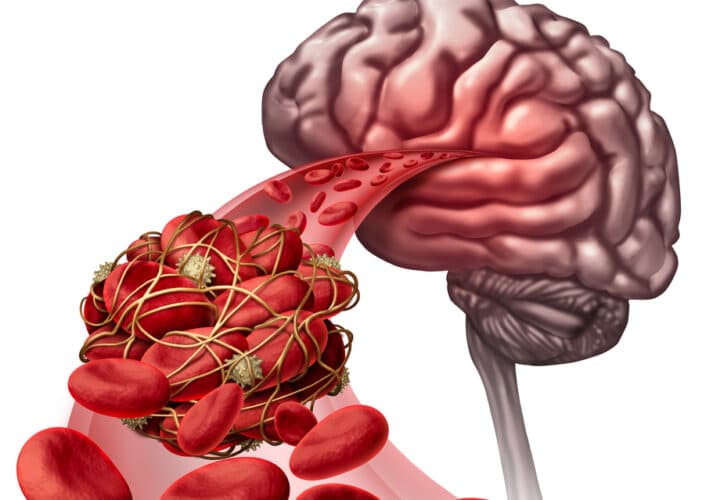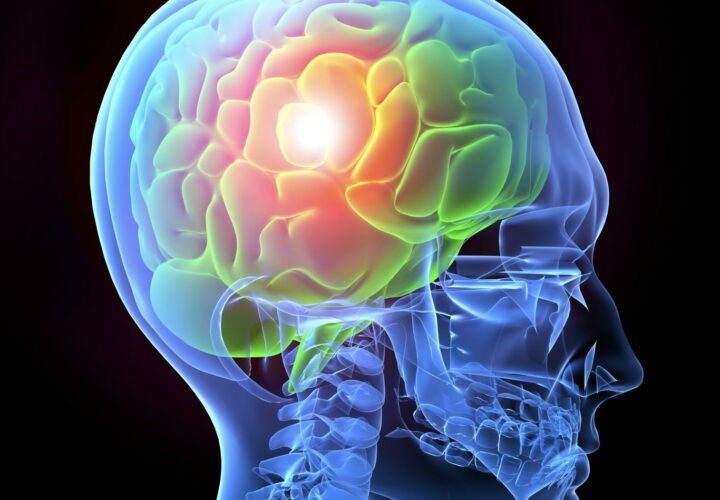Blood thinning drugs may help protect against Alzheimer's and dementia in people with existing heart conditions, reducing risk by nearly half.
A new study has found that blood thinning drugs could help protect against Alzheimer’s and dementia in people with existing heart conditions.
The study, published in the European Heart Journal and conducted by researchers at the Karolinska Institute, looked at over 444,000 Swedish patients taking anticoagulant drugs for atrial fibrillation, an abnormal heart rhythm. At the start of the study, patients taking the drugs to prevent clots had a 29 percent less chance of dementia than those not taking the drugs; by the end of the eight-year study, their risk was 48 percent less than their counterparts.
While the findings suggest an association, rather than a cause and effect, researchers strongly believe that anti-coagulants (which include drugs like warfarin, apixaban, dabigatran, edoxaban and rivaroxaban) lower the chance of both stroke and dementia in patients with irregular heartbeat.
“In order to prove this assumption, randomized placebo controlled trials would be needed, but… such studies cannot be done because of ethical reasons. It is not possible to give placebo to AF patients and then wait for dementia or stroke to occur,” wrote Leif Friberg and Mårten Rosenqvist from the Karolinska Institute in their findings.
It’s well-known that stroke is a top risk factor for dementia. Many scientists believe that anti-coagulants not only prevent the large blood clots that lead to stroke, but also the tiny ones that can cause brain deterioration, eventually leading to dementia.
Researchers found that not taking a blood thinner was one of the top risk factors in their participant group. “Patients start on oral anticoagulation for stroke prevention, but they stop after a few years at an alarmingly high rate,” said Friberg. “In the first year, approximately 15 percent stop taking the drugs, then approximately 10 precent each year. In this study we found that only 54 percent of patients were on oral anticoagulant treatment.”
The study found no difference between warfarin, an older blood thinner, and new anti-coagulant drugs.
Read the full press release here.




??? Disappointing… My Dad was/is on Warfin, started taking after his first stroke. Had another stroke and a heart attack …. 1st stroke in 2010′ affected octipal lobe on left side (?) his vision worsen….. then 2nd Stoke 2013′ had carotid artery surgery (right side?) ….. Vascular dementia occurred prior, has worsen…💔. 2017′ had a heart attack, four stents, put on oxygen and given a walker. Doesn’t walk well… has that dementia shuffle. Dementia worsens 💔💔